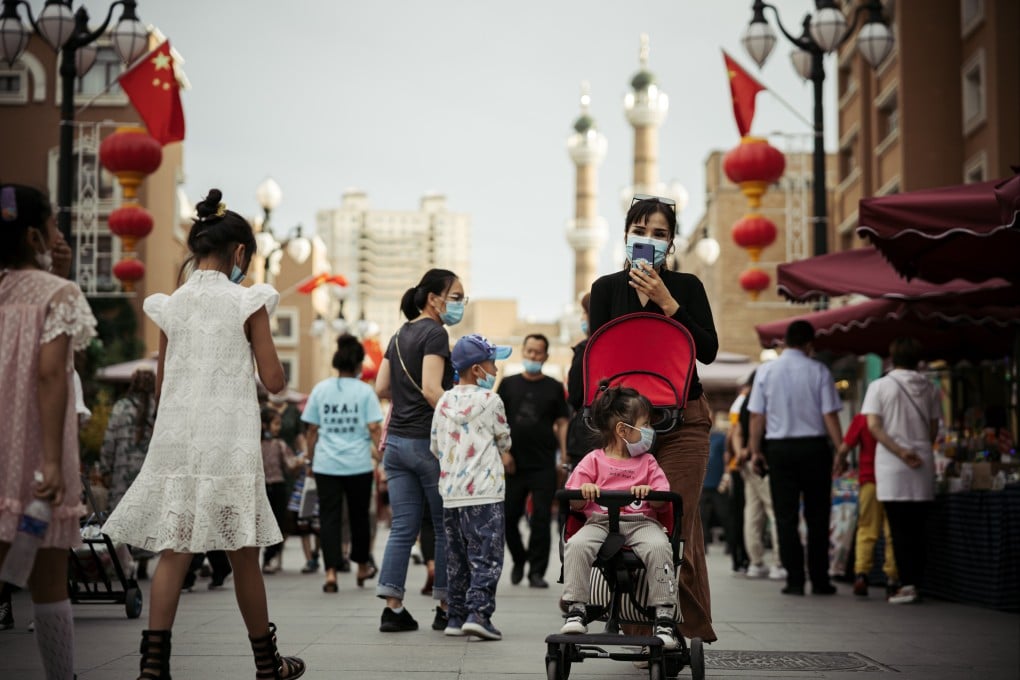Advertisement
Beijing takes foreign media to Xinjiang in bid to dispel suspicion
- Trip arranged last week for about 10 foreign media outlets, including Associated Press
- TV Tokyo, which also attended, reports that sanctioned company denies use of forced labour
Reading Time:3 minutes
Why you can trust SCMP
99+

China organised a trip to Xinjiang for foreign media last week to defend its policies in the region following mounting international criticism of alleged human rights abuses.
About 10 foreign media including Associated Press (AP) and TV Tokyo were invited to the region in the country’s far west, the South China Morning Post has learned.
According to a report by AP, Xu Guixiang, deputy head of the Communist Party’s publicity department in Xinjiang, met the media group in the city of Turpan, outside a location that had been identified previously by an unnamed Australian think tank as a re-education centre.
Advertisement
AP said the Chinese government asserted that the building housed a veterans affairs bureau and other offices, but did not state whether visiting media were shown inside.
AP quoted Xu as saying that a motion passed by the British parliament – declaring that Uygurs and other ethnic minorities in Xinjiang were suffering crimes against humanity and genocide – was “totally groundless”, and that “hard-won stability” was bringing growing prosperity to the region.
Advertisement
Advertisement
Select Voice
Select Speed
1.00x
